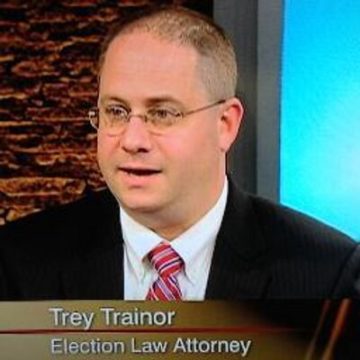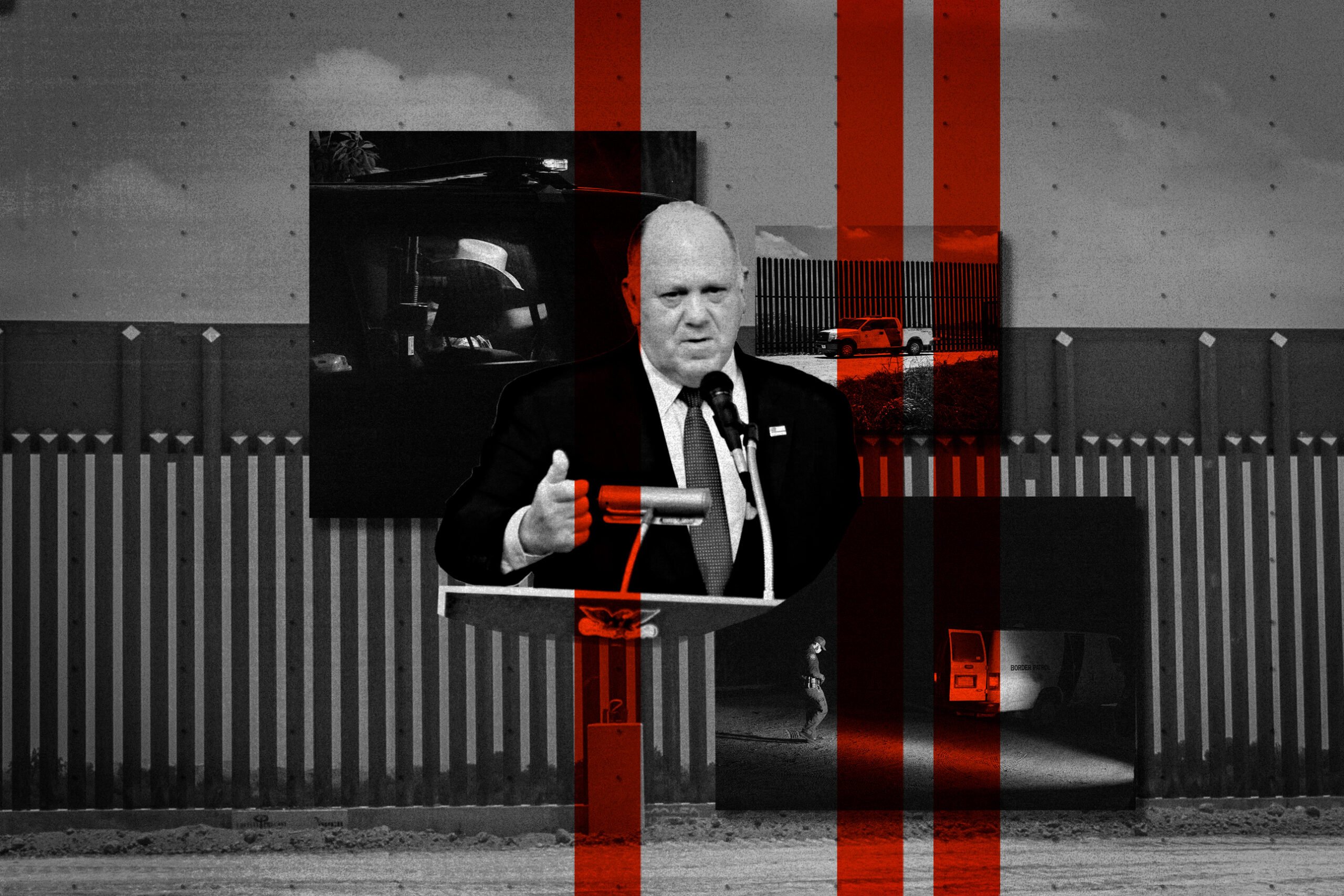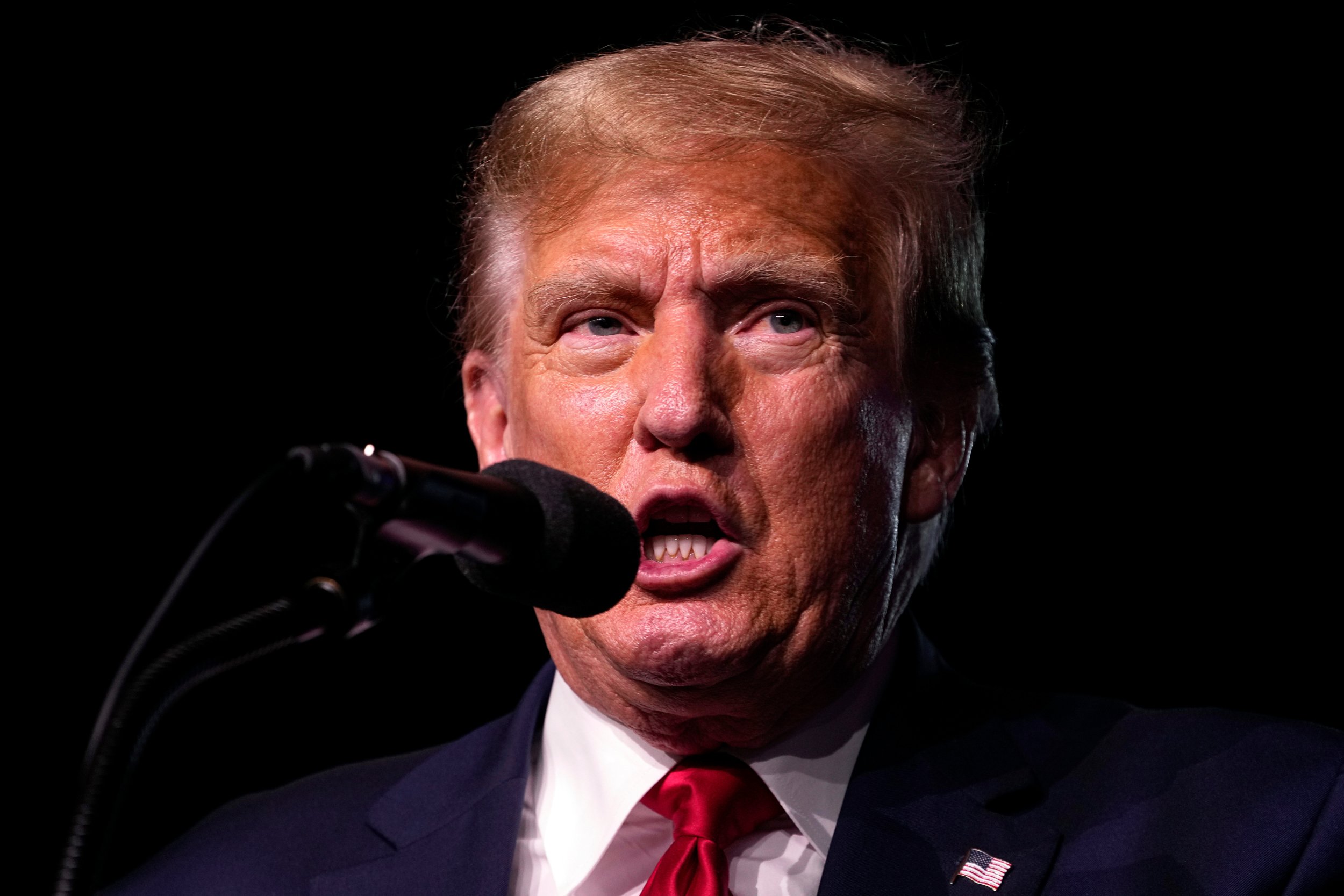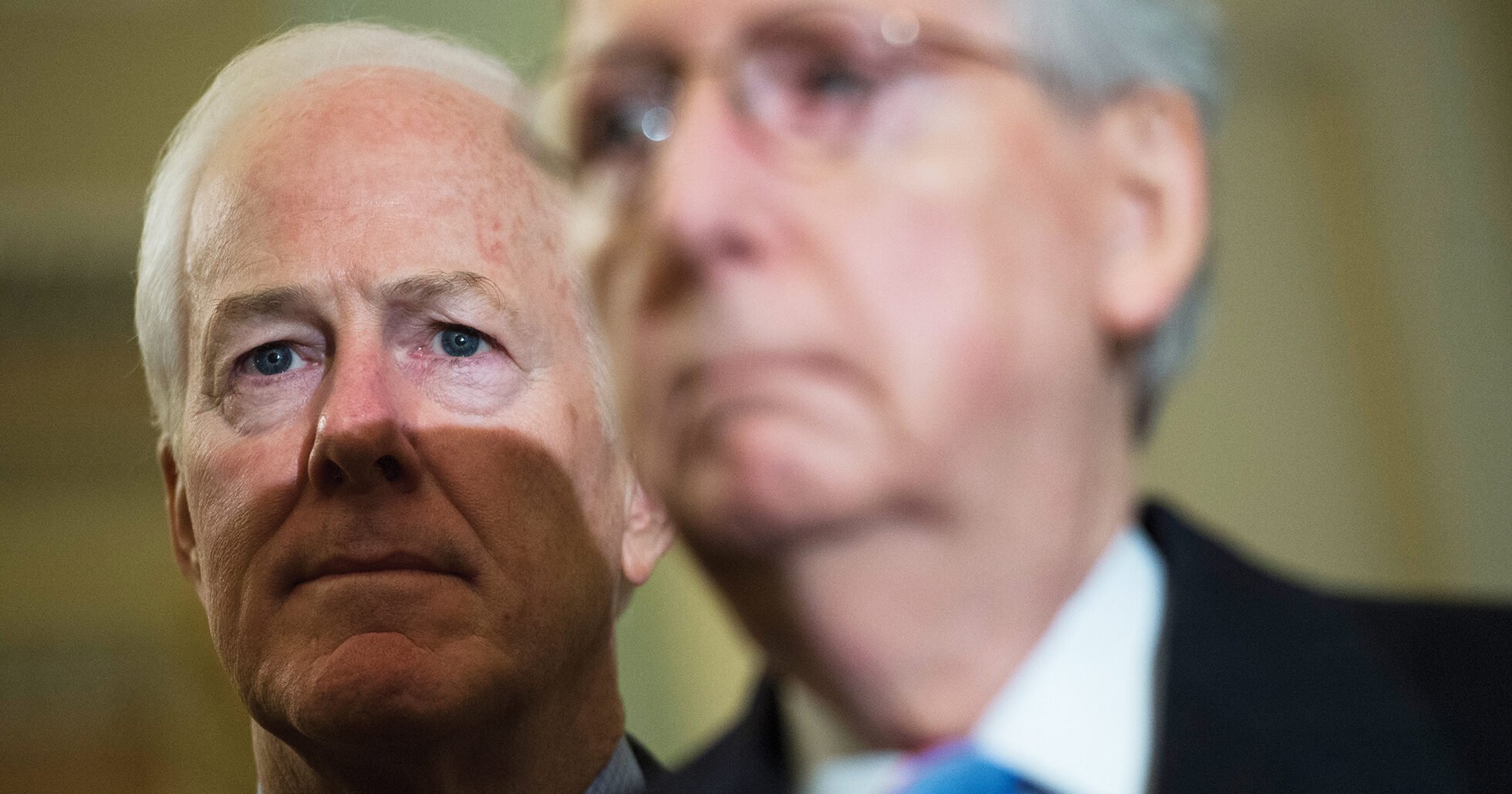
Trump Nominee to FEC Tried to Shred Texas’ Already-Weak Ethics Laws
Nominating Trey Trainor to the FEC makes sense: Most Trump appointees either hate or are ignorant of the thing they’re expected to oversee.


In yet another case of the cosmic satire in which we live hitting its mark a little too hard on the nose, the Trump administration last week nominated Texas lawyer Trey Trainor to a seat on the Federal Election Commission, an agency that’s supposed to enforce and interpret campaign finance laws. Trainor is notable mainly for his general opposition to campaign finance laws, so his nomination makes sense, in that most of Trump’s appointees so far either hate or are ignorant of the thing they’re expected to oversee.
But Trainor’s nomination also provided an opportunity to make note, once again, of the similarities between Texas’ screwed-up politics and the nation’s increasingly screwed-up politics. If you haven’t heard of Trainor, you’re not alone — he’s well-known around the Capitol, but he’s a behind-the-scenes guy. His name rarely pops up in news stories.
Who then, for our out-of-state friends, is Trainor? Well, on social media, he’s a fairly typical right-winger — the kind of guy who got really mad about the New Black Panther Party pseudo-scandal, who approvingly tweets out articles characterizing Obama as a “race hustler,” Protestantism as “poison” and Islam as a “phony religion” manufactured by the “murderous Mohammed.”

He shares the kind of videos in which, say, a “Wretched old hag harasses Trump supporter on a flight and TOTALLY GETS WHAT’S COMING TO HER!” Perhaps not a great public profile for someone who’s supposed to play a juridical role in ensuring the fairness of American elections. But that’s not why Trainor’s important.

The civil war within the Texas Republican Party — billionaires, enormous egos, blood grudges, subterfuge, religion, debauchery — is one of the best and most under-told stories in American politics, but it also has a Tolkien-length backstory. The simplified version is this: A decade ago, as the Bush administration started melting down, the Texas GOP began to split into two. One faction aligned with a more genteel and traditional form of business conservatism; the ideology of the other was nativism, Christianism and a nihilistic approach to government.
The second faction eventually won. But at the beginning, all they had were a few ideologically aligned millionaire and billionaire donors — Tim Dunn, Jeff Sandefer, the Wilks brothers — who wanted to buy legislators, a long-standing trade in Texas. The state’s weak ethics laws inhibited, albeit very modestly, their ability to do so. So they went guerrilla. They set up a constellation of organizations to quietly funnel their money into legislative races, and they used the threat of that money to put enormous pressure on elected officials. It was very effective: They didn’t always win elections, but they changed the way politics is done in Austin.
National publications have described Trainor as an “opponent” or “critic” of campaign finance regulation, but that’s significantly underselling it.
As the legal counsel for Empower Texans, the mothership shadow-money group, Trainor was the faction’s chief legal mind. He was Tom Hagen to leader Michael Quinn Sullivan’s Michael Corleone, but substantially less cool. National publications have described Trainor as an “opponent” or “critic” of campaign finance regulation, but that’s significantly underselling it.
Trainor wasn’t just a fan of lighter regulation; he wanted to dismantle the whole system.
Texas ethics laws aren’t very good. For example, there are no limits on campaign contributions from PACs and individuals to non-judicial candidates. But two core principles that do exist here are financial disclosure and the public registration of lobbyists. Trainor wanted to gut both.
In 2014, when the Texas Ethics Commission charged that Empower Texans’ Sullivan had been acting as a lobbyist without registering — an infraction for which he would then have to pay a small fine — the group went to war with the commission. In a truly bizarre episode, Sullivan moved, or possibly pretended to move, to Denton County, in a temporarily successful bid for a change of venue and a more friendly court. Meanwhile, Trainor’s friends repeatedly called for the commission to be defunded or eliminated outright. The remnants of the investigation into Trainor’s organization were gradually whittled down to near-nothingness by Attorney General Ken Paxton, whose job was to represent the commission in court, and, coincidentally, whose 2016 campaign benefited from a $1 million loan guaranteed by Empower Texans.
Last year, Trainor took a job with the Trump campaign. In a back office at the Republican convention in Cleveland, he was instrumental in helping Trump save face by quashing a last-minute rebellion by Ted Cruz delegates, who wanted a roll call vote. For his service, Trainor was given a job at the Pentagon, until he got this better reward.
The early stages of the Ethics Commission fight were some of the first events I covered when I started writing about Texas politics, and in hindsight they were a useful introduction to a particular feature of Texas government. The institutions of government are all there, and their leaders say the right things, but within each agency is a sort of shadow-agency, self-negating. As a result, the institutions are often not just bad at their mission, they do the opposite of the thing they’re supposed to do.
The Texas Education Agency inhibits access to education and Health and Human Services puts health care providers out of business. The same politicians who keep Child Protective Services weak and underfunded pile on the agency when another 4-year-old in state care gets beaten to death. Trainor and his friends helped nullify the Ethics Commission by definitively proving its powers were ceremonial at best. They’re the people who bring the shadow.
So it makes perfect sense that Trainor was nominated to the Federal Election Commission, which is also a broken institution. Created after Watergate to help restore the public’s faith in the electoral process, the commission is supposed to have three Democrats and three Republicans, with four votes needed to pass any kind of ruling. That was supposed to foster consensus, but in the last decade the FEC has frequently deadlocked 3-3, which nullifies the purpose of the thing.
That’s when the commission is fully staffed. There may only be four commissioners by the time Trainor is confirmed. There’s only one Democrat left, whose term technically ended in 2007 and hangs around, one would guess, out of a general sense of obligation. Trump could appoint more Democrats, or, as seems more likely, he could leave the commission in its weakened state. The FEC has become a very Texan thing — a fake, or self-nullifying, institution.
There’s something quaint, almost sweet, about the idea that a panel composed equally of the two parties was ever able to come an agreement. It’s an artifact of a bygone era. And maybe it never worked well — it’s a bit like having two foxes guard the same henhouse. But it’s obviously impossible when one of the parties doesn’t believe in the purpose of the thing at all.
While the appointment makes sense, it’s hard for me to understand why someone would accept it. Trainor’s signing on for at least a six-year term to be a nullifying vote on a non-functioning commission in an unfortunate city where nothing ever gets done. To which I suppose we should say: Congratulations!


